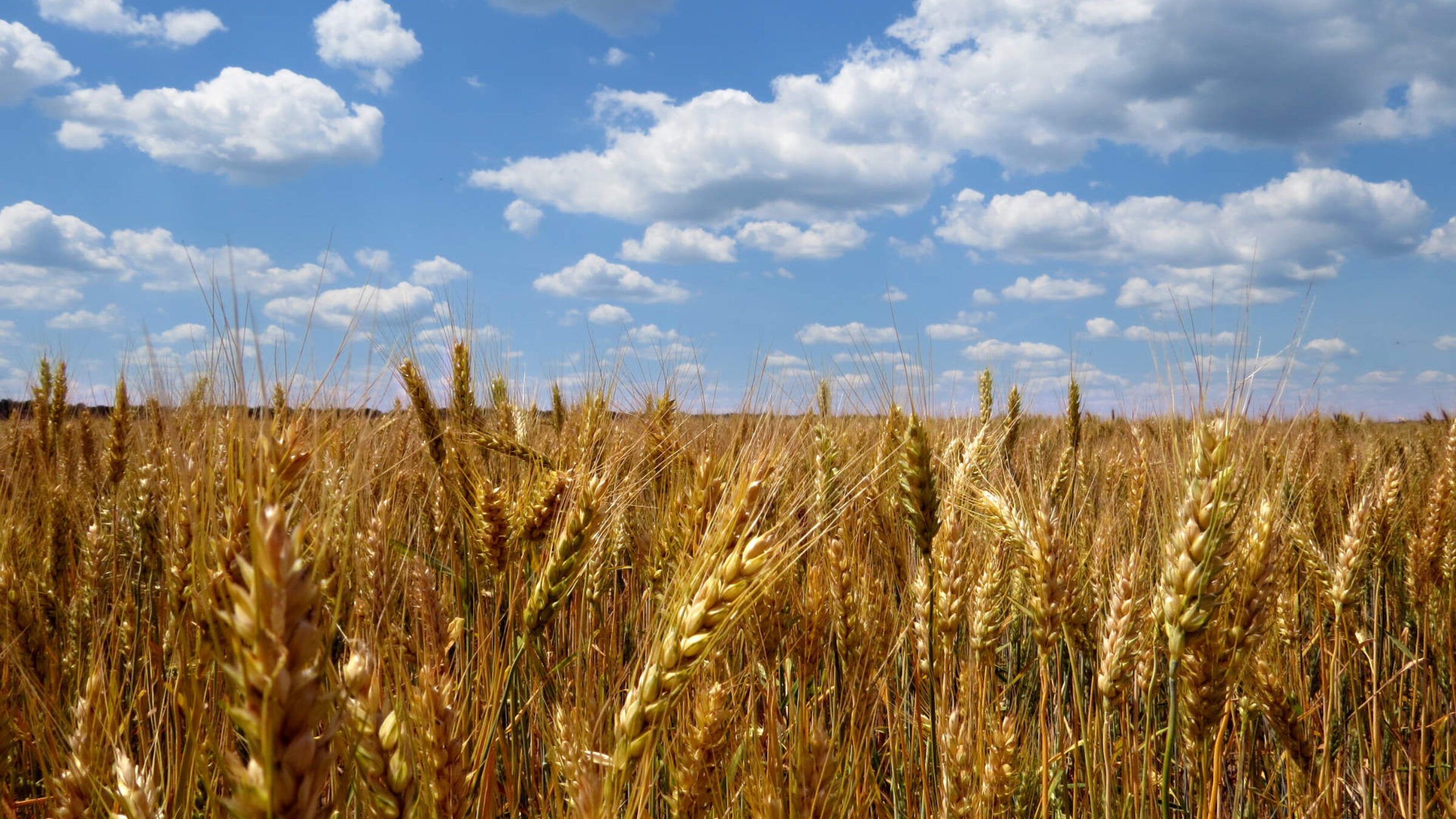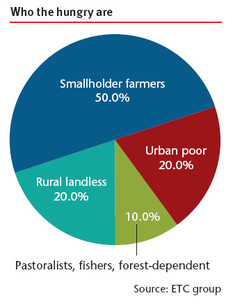Farming Forward: Sustainable Farming’s Contributions to a Better Tomorrow
September 22, 2015
Millennials are demanding answers to hunger, health problems, and environmental destruction, and politicians must recognize the salience of farming to conquer these problems.

Editor’s Note: The Millennial Voices series is written by and for Millennials to foster nonpartisan discussion. Meredith Seiberlich is a sophomore at American University. The opinions expressed in this commentary are solely those of the author.
Solving agricultural problems may not be on the top of everyone’s to-do list. However, when we look closer at widely discussed issues like hunger, community health, and the environment, it’s clear that farming is relevant to a number of industries.
Sustainable farming balances equally high crop yields with more environmentally friendly methods, whereas conventional farming methods rely on chemical solutions to fertilization and pest control.
Although sustainable farming is widely associated with the organic food movement, incorporating some of its practices into conventional farming—like crop rotation or natural alternatives to pesticides—has the potential to update antiquated farming methods into the 21st century.

Source: ETC Group, 2012






Join 1,800+ BIPARTISAN LEADERS NATIONWIDE
Be a part of a network of lawmakers committed to governing effectively, passing more representative public policy, and increasing public trust in democracy.
